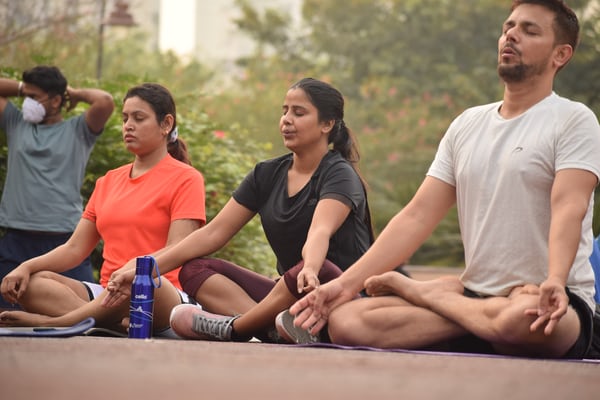12 Step Programs: Their Role in Addiction Treatment

Without doubt, addiction is one of the worst diseases you can encounter. Compulsive dependency and other compulsive disorders destroy people – beautiful, intelligent, sensitive, creative, loving, caring people who do not deserve to be destroyed.
The illness kills love and dreams, hurts children, and tears families apart. Alcoholism leaves in its wake sheared, fragmented, bewildered victims. Sometimes, the early death it brings to the drinker causes far less pain than the wretched illness caused during his or her lifetime. Alcoholism and drug addiction are a horrid, cunning, baffling, powerful, and deadly disease.
Then there’s the Twelve-Step programs. Alcoholics Anonymous (AA), for people with a desire to stop drinking; Al-Anon, for people affected by someone else’s drinking; Alateen, for teenagers affected by someone’s drinking; and Narcotics Anonymous (NA), for people addicted to drugs.
Other Twelve Step programs include: Nar-Anon, for people affected by another’s chemical addiction; Overeaters Anonymous, for people with eating disorders; Adult Children of Alcoholics (ACOA), for adult children of alcoholics; Nicotine Anonymous, for people addicted to tobacco.
For people with compulsive sexual behaviour, there’s Sex Anonymous; Gamblers Anonymous, for people with a desire to stop compulsive gambling. Like this, there are several other 12 Step programs designed to help people with problems.
Twelve-step programs are not merely self-help groups that help people with compulsive disorders stop doing whatever it is they feel compelled to do (drinking, helping the drinker, etc.). The programs teach people how to live – peacefully, happily, successfully. They promote healing and bring balance into their lives. The Twelve Steps are a way of life.
Short history of AA
In 1935, shortly after the repeal of Prohibition in 1933, an event occurred in the USA which reinstated alcoholism as a subject of scientific interest. Before that, alcoholics were universally condemned as moral degenerates who were solely responsible for their own misery.
The fellowship of Alcoholics Anonymous was begun by two men who had been given up as “hopeless” drunkards by their physicians. Both men were able to stay sober, and they went on to help thousands of other alcoholics recover in a program that relied on simple spiritual principles (not religious), and the compassion and understanding of fellow sufferers to achieve total abstinence from alcohol. AA demonstrated for the first time that alcoholics in significant numbers could recover and return to productive, useful lives. Most importantly, it proved that alcoholics, when they stayed sober, were decent, normal human beings and not hopeless degenerates.
Alcoholics Anonymous has worked as no other approach to alcoholism has before, and as a long-term sobriety maintenance program, there still is not even a distant rival. The fellowship of AA has undoubtedly been the most powerful force in getting society to accept alcoholism as a treatable disease. It has helped millions of alcoholics to get and stay sober.
Addiction treatment today
Over the years, awareness of the disease concept of addiction has gained ground. In 1956, the American Medical Association (AMA) finally recognized alcoholism as a disease.
A holistic approach in addiction treatment addresses all aspects of the disease and its multi-dimensional manifestation. Modern treatment programs combine the 12 Steps with psychological and psychiatric inputs for a more holistic approach toward recovery. An individualised treatment plan for each client, while considering individual history and cultural background, works best.
Moreover, mindfulness and Yoga are found to be very beneficial in the process of recovery. Family support is encouraged along with aftercare.
Hopeless to Hope
Hope Trust, India’s most experienced addiction treatment facility (est. 2002), offers inpatient treatment for addictions at a boutique rehab in Hyderabad and a luxury facility in Vadodara (Gujarat). Outpatient and online options are also available, with over 20 psychologists, psychiatrists and therapists.
Call us for more details: Dr. Prasad 78930 03070 / Rahul 98490 69609
Email:info@hopetrustindia.com
Your information is confidential!